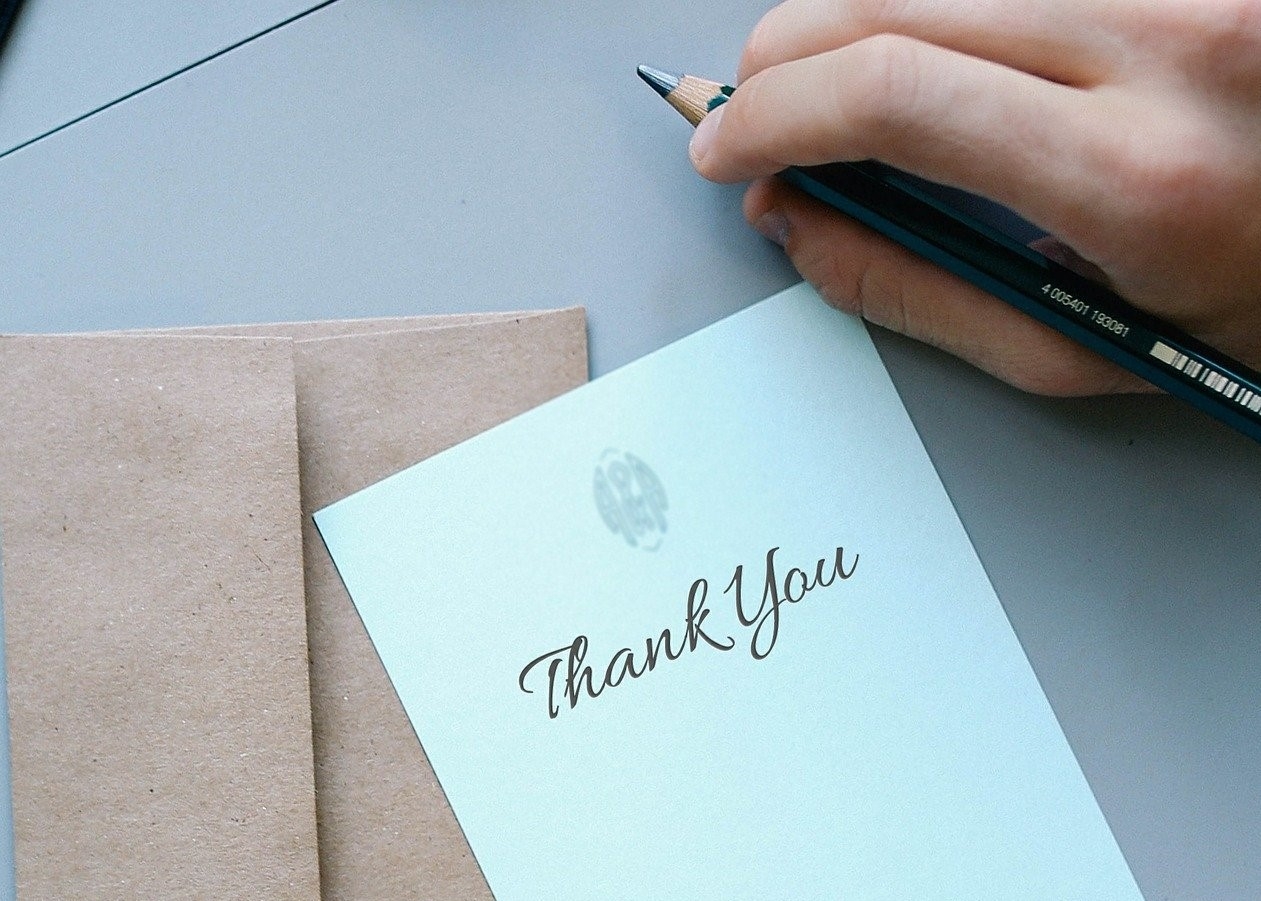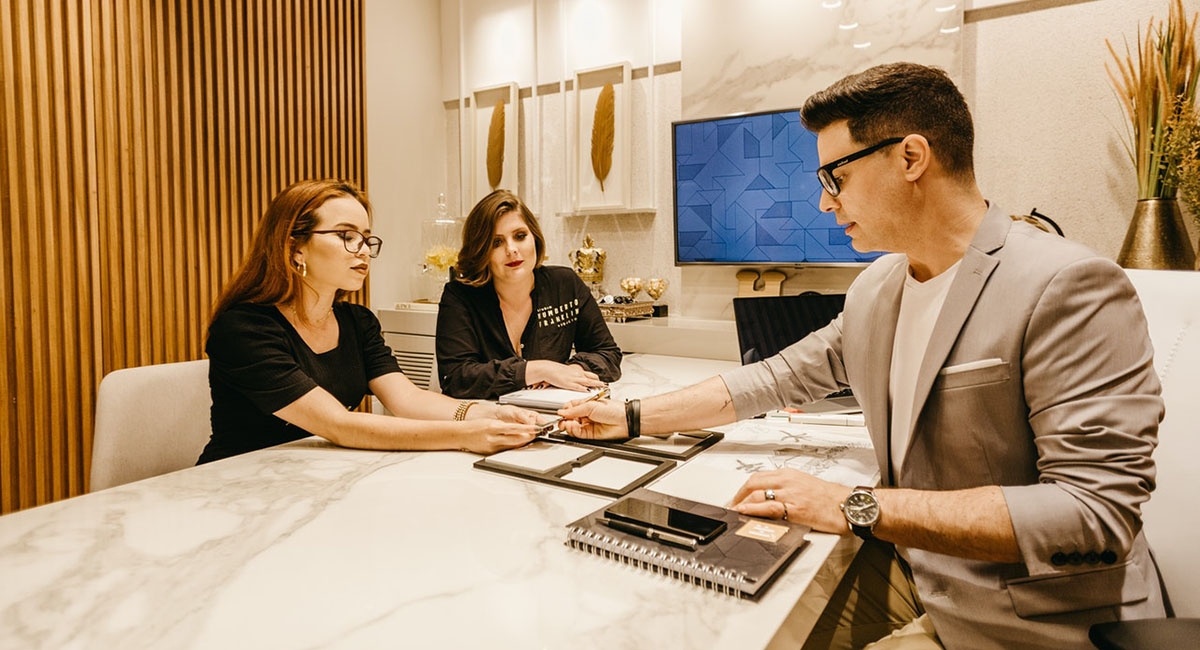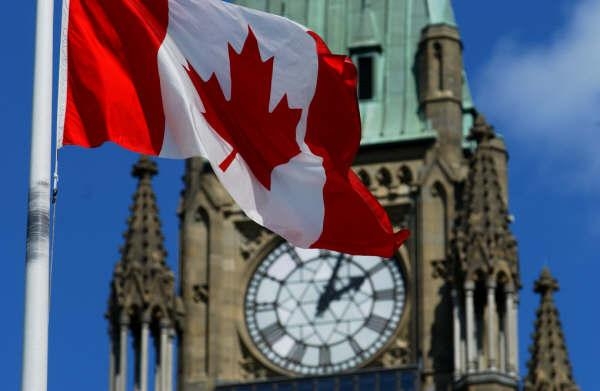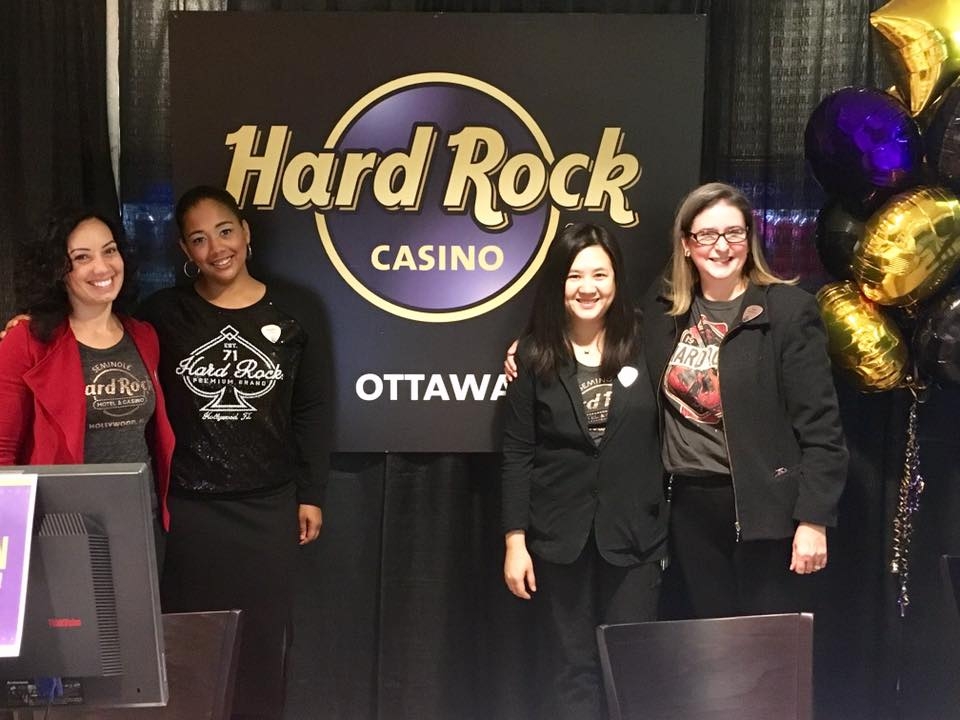
Thank you
Well, we have all survived another one! The tree has been disassembled and put back to bed for an eleven month snore in its cardboard box until December 2020. The friends and family visiting have kissed their kisses, hugged their hugs and left us with fantabulous warm memories along with a horrific house cleaning job ahead. And the presents we took so long to select, spent so much time meticulously wrapping and spent such treasured time watching being opened, have found their place among mountains of other neglected material possessions which most Canadians are privileged to possess.
The New Year will force us to take a reluctant walk sometime in January, down to the corner of our suburban street perhaps, to a community mailbox where we will dare to unlock the sleeping surprises that lie within our letter box. Stuffed like a fat pig at a summer’s barbecue, outdated crumpled newsprint flyers about Boxing Day sales at Canadian Tire, glossy cardboard advertisements for three room carpet cleaning specials and a lonely scuffed up Christmas card from Australia addressed to a previous owner might show themselves. As well, there is likely to be the paper bill from Best Buy where we bought the family a new large screen television, a $968 bill from Walmart and the $1342 one from Visa, both attesting to the fact that we have absolutely no self discipline when it comes to Christmas shopping. Scrunched up at the back will be a whack of those small 3.5 x 5 inch rectangular white cards that when opened have shiny silver or gold lined envelopes and a simple embossed word on the front that states simply, ‘Thank you’.
There will be one that likely reads,
‘Hey Dude!
Better be careful! That new pack of Senators’ playing cards you gave me, might assist in whooping your ass at our bridge games on Friday nights. You are the best and I thank you!
Bro.’
Another will most probably say,
‘Hey Babe!
You touched my heart with your gift of a black lacy negligee from La Senza! You are still my favourite romantic man after all these years. I can hardly wait for ‘Date Night’! Your friend, your lover, your wife’.
For certain you’ll get one that goes like,
‘Hey Dad!
I couldn’t believe my eyes when I opened my new Punisher skateboard. It was just the kind I have been dreaming about since we saw it together last summer on vacation. Now I know why you were working extra shifts at the factory last fall. Thank you Dad for the stupendous gift and for being all you are to me.
Your number 1 son and number 1 fan.’
“Wait”, you are thinking.
“I relate to everything she is saying except those small rectangular white cards! What is she talking about? I haven’t seen one of those since we sent some out after our wedding or maybe after our son was born. Lord knows we never seem to get those any more. What planet is she living on?,” you ask yourself.
If these are your thoughts, you could be noticing the incongruence in my tongue-in-cheek recanting of what one might find in the post holiday letterbox and the reality of most people’s lived experience today. Right? That is because saying ‘Thank you’ seems to have gone out of fashion, gone the way of vinyl records, VHS tapes and the Ford Edsels of 1960. I have noted at assorted celebrations in recent years, a significant decline in children using this word after opening gifts. I have noted a significant decline in parents guiding their children in polite ways to say ‘thank you’ after receiving gifts. And written notes from gift receivers in my network are as rare as hens’ teeth. They are so rare these days that I received two separate phone calls last summer from friends to whom I had sent a thank you note for a birthday remembrance, thanking me for thanking them, with a written thank you note. Both commented to me that no one does that anymore.
We might want to reverse the tide on that.
‘Thanks’ can be loosely defined as a grateful feeling, an appreciation for something, an acknowledgement of some benefit, gift, or deed expressed by words or actions.
“Sharing gratitude is one of the simplest yet most powerful things humans can do for each other,'' says Randy Pausch of the Shalem Institute. “Being told you are appreciated is one of the simplest and most uplifting things you can hear”, is a Good Morning quote. In the book ‘On the Wings of Gratitude’ it is written that ‘Gratitude is the greatest of all virtues and the parent of the rest.’
The Greater Good Science Centre at Berkeley University in California, identified a very long list of benefits of expressing kindness through gratitude. Grateful people gave 20 per cent more time and money to their communities.They have stronger bonds to their local communities.Their income is 7 per cent higher. Grateful people have 10 per cent fewer stress ailments, 12 per cent lower blood pressure and are more physically fit. Grateful youth get into 13 per cent fewer fights, are 20 per cent more likely to get better school grades and are 10 times less likely to start smoking. Grateful friends have more satisfying relationships with others and are better liked. A grateful attitude with overall positive emotions can add up to 7 years to one’s life.
In a November 20, 2013 article by Jeremy Adam Smith entitled ‘Six Habits of Highly Grateful People’, gratitude is described as a mental tool to remind us of the good stuff in our lives. It shines a spotlight, says Smith, on those who make or have made our lives so good. Psychological research, he goes on to say, tells us that when problems, threats and difficult times confront us, a habit of being grateful for what we have, can increase our chances of survival, can increase our resilience in the face of adversity and can make us much happier when the storms subside.
Smith tells us to take time to smell the roses, for life is short and we are all just passing through. He suggests we think on our own mortality and losses focussing on our blessings. He advises us to take the good things in our lives as ‘gifts’ not as entitlements.
Smith writes that we should try to be grateful to and for people, not just for things. He quotes Emiliona Simon-Thomas who found during the Gratitude Project that ‘noticing another person who has helped you, acknowledging the effort it took, and savouring how you benefited from it’ actually affects the biological systems for attachment, affection and trust, as well as the circuits for reward and pleasure. The result is higher meaningful relationships and a more connected social community.
Gratitude can become a way of thinking that builds a mighty stone fortress around you when the trials of life attack relentlessly. It can help one regularly reframe an unexpected roadblock into an opportunity for discovering a lesser travelled route. It can recast negative thinking into the kind of positive outlook that is the mark of strong, resilient, successful, and happy people regardless of circumstance or life challenges.
Perhaps we can change the culture of not bothering with verbal thank you’s and written thank you notes. Perhaps we can coach our youngsters in recognizing what others do for them, both verbally and in writing. Perhaps we can do it more often ourselves. Then next year, just maybe, our letterboxes will teem with those small rectangular white notes with a silver or gold ‘Thank you’ written on top. We just need to walk the talk, make thank you’s a priority, and get it done, each and every time.
Celebrated American author Stephen King once wrote, “Don’t let the sun go down without saying ‘Thank you’ to someone, and without admitting to yourself that absolutely no one gets this far alone.”
The brilliant American President John F. Kennedy advised all men and women well, when he said, “We must find time to stop and thank the people who make a difference in our lives”.
As for me, a fledgling classic Ottawa writer, may I take this opportunity to acknowledge those of you who take a few minutes to read and ruminate on the ideas and bits of wisdom I share in my writing. I sincerely say,
“Thank you”.
Photo: June Laves, Pixabay









